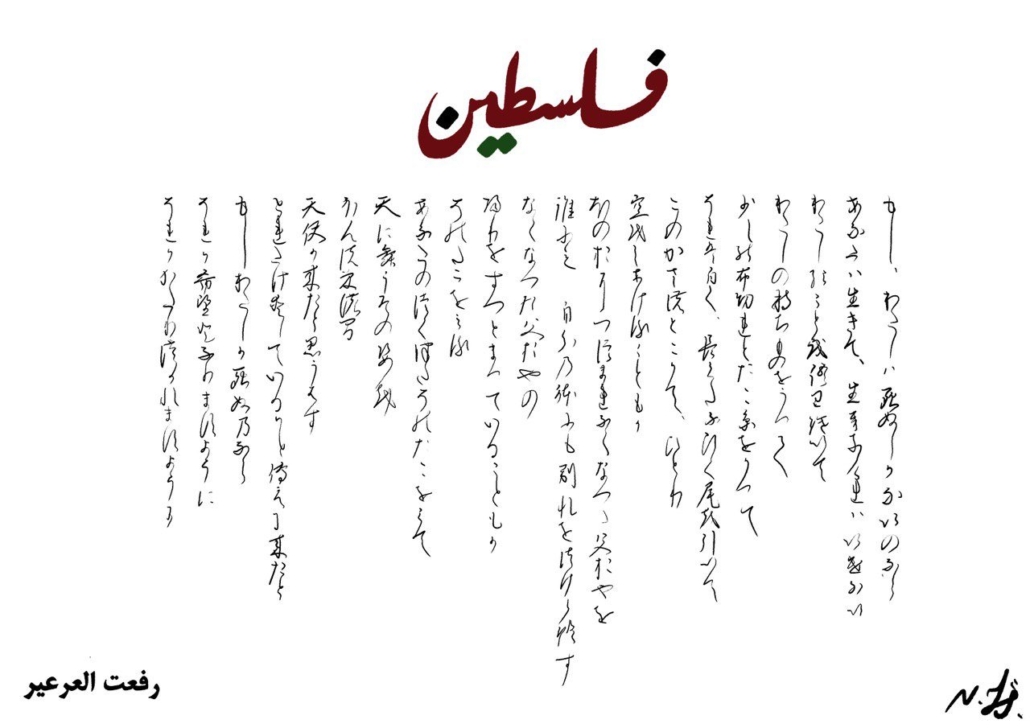Fallen in Love:Ayn al-Qudat on Satan as Tragic Lover (updated 2024) – Mohammed Rustom
Ayn al-Qud~t on Satan as Tragic Lover
Abstract:
Like every student of Sufism, I have always benefited from Professor Danner’s scholarship, particularly his
pathbreaking translation of and commentary upon Ibn ʿAṭāʾ Allāh’s Ḥikam or Aphorisms. I also spent a good deal
of time as a graduate student reading his 1970 Harvard University PhD thesis on Ibn ʿAṭāʾ Allāh, and since then have had many opportunities to delve into his writings, such as his still unmatched survey article on the development of Sufism that was published in 1987 in the first volume of Seyyed Hossein Nasr’s excellent edited collection of articles entitled Islamic Spirituality. One of the motifs recurrent in Professor Danner’s thoughtful and carefully documented research is the role of the spiritual master along the Sufi path. This makes perfect sense, given how much time he spent reading the great masters of the Sufi tradition and meditating on the significance of the student-teacher relationship in various traditional and modern Sufi contexts. In one of his articles going back to

